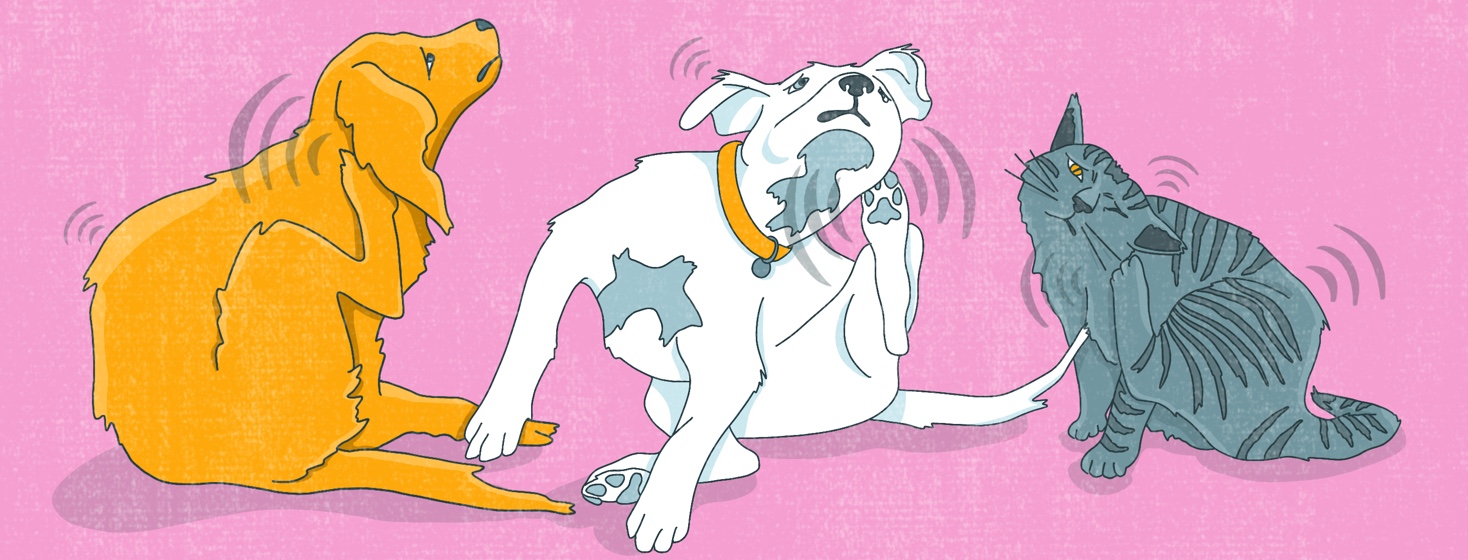Community Views: The Dreaded Itch
Itching is one of the most common symptoms of psoriasis. Ninety percent of people with psoriasis experience itching, and up to 75 percent endure daily itching.1 That is a lot of discomfort! In fact, the word psoriasis actually comes from the Greek word meaning “to itch.”
Managing the psoriasis itch, straight from real patients
Several factors can trigger psoriasis outbreaks and itching. Typically, these are stress, illness, weather, and injuries to the skin.2
We are always looking for ideas to address the itching. Learning from each other is one of the best ways to help manage this disease. We recently asked the Facebook community, “How do you distract yourself from that dreaded itch?”
Over-the-counter treatments
Using over-the-counter moisturizers and salicylic acid products can help manage the itch. Thicker creams lock in moisture better than lotions. Creams help keep the skin hydrated and reduce irritation. Salicylic acid products help soften the scales to brush them off easily.
Pulling scales off can worsen psoriasis. Softening them to remove easily can lessen the itch. Better control of scales also allows moisturizers to be more effective.3
“I got my daughter a spray for psoriasis and put it in the fridge. Also, stinging nettle tea for regular itching and allergies.”
“Aveeno 1 percent hydrocortisone cream. It’s safer and gentler; those prescriptions made my daughter worse.”
Prescription treatments
There are several classes of drugs prescribed for psoriasis. The one you mentioned most was biologics. Biologics are drugs made from living cells. Biologics that treat psoriasis help keep away dry patches (and therefore the itch!).
Psoriasis causes the immune system to be overactive. Biologics target and calm the immune system. Biologics are given either as a shot or through an IV. Continuous use makes them more effective at long-term management of psoriasis.3,4
“I am on Humira weekly. It has almost cleared up my skin. I also use a prescription cortisol cream to help control the patches.”
Water
Drinking enough water is vital for overall health and wellness. Keeping the body well-hydrated may impact skin hydration as well. While there is no scientific consensus, community members find it helpful for managing the itch.5
“Drink lots of water.”
Water temperature can also affect psoriasis symptoms. Trading hot showers for lukewarm ones and following up with moisturizer can help. Hot water leeches moisture from the skin and increases blood flow, leading to itching. Using cold water or compresses on the affected area also helps. Nerves send itch signals to the brain that do not fire completely when you are cold.3
“I will run first hot water, then cold, back to hot, and end with cold on the body part. I let the water get to almost too hot or too cold to stand. Usually, it only takes doing this once, and it lasts for hours, if not days.
Thank you
No matter how bad the itching gets, try not to scratch or pick at your plaques. Scratching can make you bleed and worsen your psoriasis. Many of the therapies your doctor prescribes to treat psoriasis, including phototherapy and steroids, can help with the itch.
We appreciate everyone who shared their tips for managing psoriatic itching with us. Learning from one another is a valuable tool! Thank you all for being part of the community.

Join the conversation